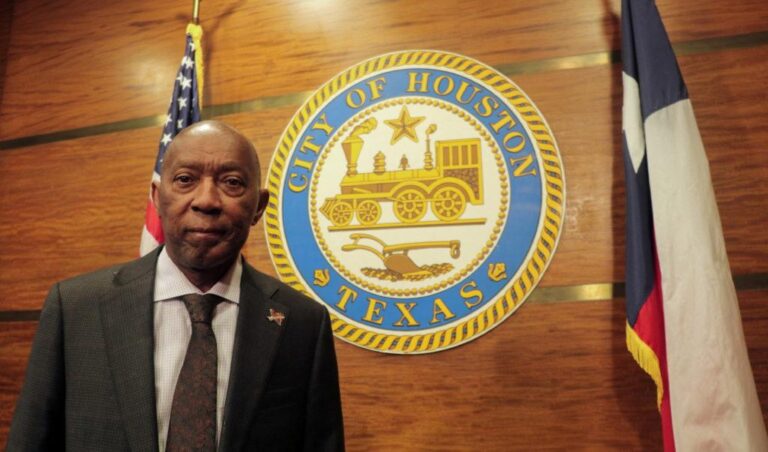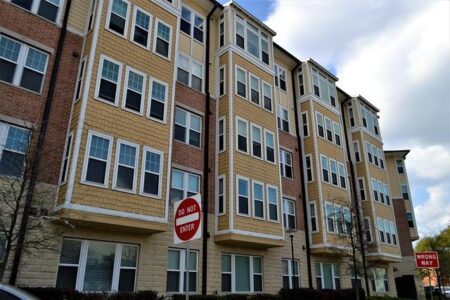How Sylvester TurnerŌĆÖs Passing is Transforming HoustonŌĆÖs Political Scene
Enduring Influence of TurnerŌĆÖs Pandemic Leadership on HoustonŌĆÖs Policy Framework
Although Sylvester Turner is no longer with us, his leadership during the COVID-19 crisis continues to influence HoustonŌĆÖs political discourse and policy decisions. His steadfast commitment to safeguarding public health while bolstering economic stability established a model that current city officials still reference as they navigate the complexities of post-pandemic recovery. TurnerŌĆÖs leadership was characterized by clear, consistent communication paired with adaptable, evidence-based policiesŌĆöan approach that remains central to ongoing debates about maintaining public safety without stifling economic growth.
TodayŌĆÖs policymakers often cite TurnerŌĆÖs legacy when addressing contentious topics such as vaccine requirements, phased business reopenings, and emergency budget allocations. His impact is especially visible in three critical domains:
- Health Policy: Emphasizing openness and reliance on scientific data despite political pressures.
- Economic Revitalization: Championing support for small and minority-owned enterprises through targeted relief efforts.
- Community Collaboration: Encouraging partnerships among municipal leaders, healthcare experts, and neighborhood organizations.
| Policy Focus | TurnerŌĆÖs Strategy | Ongoing Effects |
|---|---|---|
| Mask Policies | Early mandates protecting high-risk groups | Foundation for localized health ordinances |
| Financial Aid | Prioritized funding for underserved businesses | Continued use in recovery funding frameworks |
| Public Communication | Frequent briefings with health officials | Standardized crisis communication protocols |
City Council Divisions Deepen Following TurnerŌĆÖs Death
TurnerŌĆÖs sudden departure has exposed and intensified fractures within HoustonŌĆÖs City Council, complicating governance and decision-making. The council is split between those who wish to uphold TurnerŌĆÖs policy agenda and others advocating for a new direction. This discord has delayed vital budget approvals and stalled infrastructure initiatives, frustrating residents eager for progress.
Several political factions have crystallized, each vying for control in the post-Turner era. Key areas of dispute include:
- Succession Planning: Contentions over appointing an interim mayor reveal underlying power struggles.
- Policy Priorities: Divergent views on housing development, transit expansion, and public safety reforms.
- Representation Equity: Calls for amplifying marginalized voices highlight ongoing debates about inclusivity.
| Group | Policy Position | Leading Figure |
|---|---|---|
| Turner Continuity Bloc | Maintain existing policy course | Council Member Garcia |
| Progressive Reformers | Advocate for new priorities | Council Member Lee |
| Community Advocates | Push for broader representation | Council Member Patel |
Shifts in Voter Behavior and Community Representation Post-Turner
The absence of Sylvester Turner has significantly altered HoustonŌĆÖs electoral landscape. Known for bridging diverse communities, TurnerŌĆÖs leadership helped drive voter engagement across multiple districts. Since his passing, analysts have noted a decline in turnout among his traditional supporters, contributing to unpredictable election outcomes. New candidates face challenges in uniting fragmented constituencies, resulting in more competitive and divided city council races.
Beyond voting patterns, community representation has weakened, impacting advocacy and resource distribution. Neighborhoods once strongly supported by Turner now struggle to have their concerns prioritized, risking delays or reductions in infrastructure and social services. The consequences include:
- Lower participation in civic meetings and forums
- Reduced grassroots mobilization and coordination
- Increased political polarization along ethnic and economic lines
| District | Voter Turnout Change (%) | New Candidates |
|---|---|---|
| District A | -7.2 | 3 |
| District B | -4.8 | 5 |
| District C | -9.1 | 2 |
Strategies to Heal Political Divides and Uphold TurnerŌĆÖs Vision
To honor Sylvester TurnerŌĆÖs enduring vision for Houston, city leaders must foster meaningful dialogue that bridges partisan divides. Creating bipartisan task forces focused on pressing issues like affordable housing, transportation infrastructure, and public safety can provide stable platforms for cooperation. These groups should actively include representatives from diverse communities to ensure policies reflect HoustonŌĆÖs rich demographic tapestry, thereby rebuilding trust and civic engagement.
Moreover, enhancing civic education and promoting transparent communication will empower residents to engage more deeply in local governance. Recommended initiatives include:
- Frequent town hall meetings with open forums featuring leaders from all political backgrounds.
- Mentorship programs that encourage emerging politicians to collaborate across ideological lines.
- Publicly accessible, data-driven policy evaluations to emphasize objective, nonpartisan results.
| Initiative | Expected Outcome | Implementation Timeline |
|---|---|---|
| Cross-Party Working Groups | Enhanced legislative collaboration | 6 to 12 months |
| Community Engagement Programs | Strengthened public confidence | Ongoing |
| Civic Education Campaigns | Higher voter turnout and participation | 12 to 24 months |
Looking Ahead: HoustonŌĆÖs Political Future After Turner
As Houston navigates the political void left by Sylvester TurnerŌĆÖs passing, the city faces a pivotal moment. TurnerŌĆÖs legacyŌĆödefined by his ability to unite diverse populations and tackle complex challengesŌĆöserves as a powerful reminder of the importance of inclusive, pragmatic leadership. The cityŌĆÖs success in addressing ongoing issues and building upon TurnerŌĆÖs foundation will be crucial in shaping HoustonŌĆÖs trajectory in the years to come.




